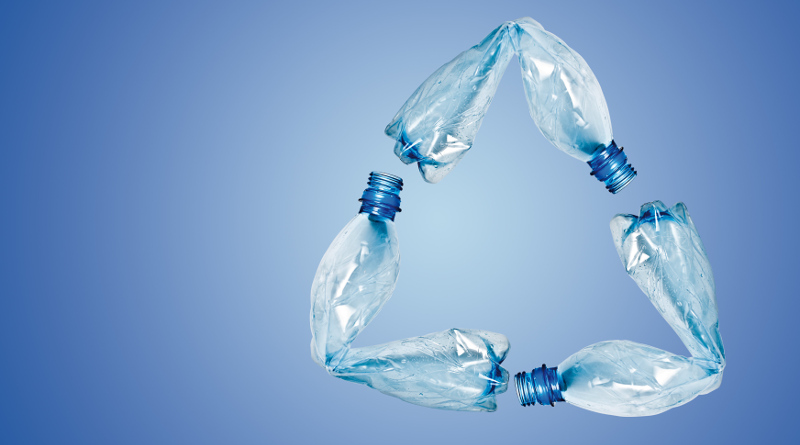Burkasan has chosen Tomra’s sorting technology
Turkish company Burkasan is using Tomra Recycling’s sorting machines in its new plastic recycling plant. The plant, equipped with Tomra’s Autosort and Autosort Flake, is capable of sorting 5 t/h of waste (including PET, HDPE, PP), enabling them to be brought back in the loop and the economy for further usage. The new plastic recycling plant established by Burkasan with an investment worth TL 50 million (€ 5.4m) is the first recycling plant in Turkey which processes mixed plastic containers using an advanced sensor-based sorting solutions from Tomra Sorting and Recycling for the production of PET flakes and HDPE granules.
Vedat Kılıç, Chairman of the Board at Burkasan, stated that with the investment in this new plant, all the facilities operated by Burkasan now process a total volume of about 15,000 t of materials per month. Detailing the operation in the new plant he added: “We are planning for our new plastic recycling plant to process 2,500 t of waste material per month and to thus obtain a minimum of 1,500 t of high purity PET flakes and HDPE granules. It is utterly impossible to achieve the same level of capacity and purity with manual sorting, regardless of the number of workers. Especially during the current pandemic and the need to adhere to strict social distancing guidelines, manual sorting turns out to be a very challenging and costly method and product quality cannot be guaranteed.”
Tomra’s Autosort is located right at the beginning of the plant, following the pre-sorting operations which take out fines, metals and 2 D materials. In the first steps of the process, machines such as a bale opener, magnet, and eddy current and ballistic separator go into action and are followed by the main sorting operation which is performed by the Autosort machines. Only later in the line does Tomra’s Autosort Flake take over the task of burr removal, sorting material by colour, metal and polymer type. It can even detect the smallest pieces of foreign substances in the material mix.
Vedat Kılıç said that mixed plastic bottles are sorted based on their polymer structure: ”For instance, when using conventional methods, PET and HDPE are transported on conveyor belts and sorted by manual sorters. However, it is not possible to consistently achieve the same capacity, quality and cost of product with manual sorting. By employing Tomra’s sensor-based sorting machines, PET and HDPE products are separated from other materials and subsequently sorted by colour. Using this automated process, recycled raw materials can be generated that have the same quality as the original ones. This automated bottle-to-bottle recycling process is being carried out for the first time in Turkey and it enables us to supply global brands, which are increasingly focusing on their environmental credentials and the use of resources, with high-quality products.”
Upcoming plans: production of PET granulates
Asked about future plans, Vedat Kılıç responded: “Initially, we are focusing on obtaining high density polyethylene granulates and PET flakes, but our aim is to make an additional investment to produce PET granulates. In the medium-term, we plan to achieve ’bottle to bottle’ recovery. If the Turkish Food Codex gives its consent, we’ll target the production of raw materials for making PET bottles that can also be used in the beverage sector.”

